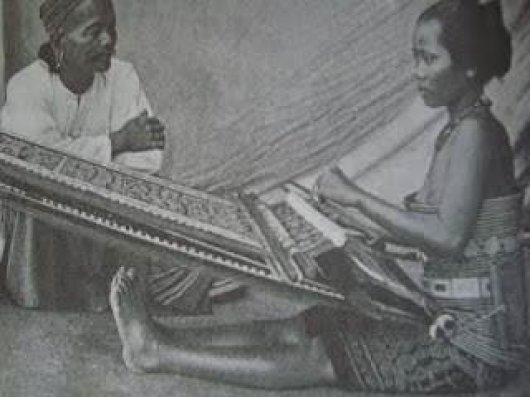Historically, women’s work has been important on the micro level: for the survival of the household or family, and on the macro level: for national income, the development of human capital, and demographic trends. Also in the context of globalization and the international division of labour, women’s work, often low-paid and precarious, historically has played a crucial role. Simultaneously, despite its precarity, paid work has generally enhanced women’s economic independence and thus their position in the household.
By combining both qualitative and quantitative empirical methods, my past and present academic work offers a broad comparative view of long-term patterns in the economic activities of men, women and children. This approach not only allows for macro-perspectives of how labour relations changed. Moreover, it enables us to distinguish long-term patterns and understand how the respective members of households negotiated their labour, consumption and reproduction options within the given constraints of the different power relations – defined in terms of gender, age, class, ethnicity and colonial relations – they had to cope with.

